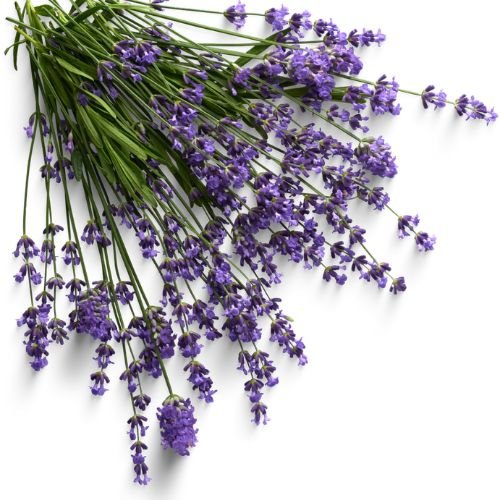Lavender Oil
The universal scalp harmonizer. Lavender oil's remarkable ability to balance all scalp types while reducing stress-related hair loss makes it an essential for healthy, resilient hair growth.

The universal scalp harmonizer. Lavender oil's remarkable ability to balance all scalp types while reducing stress-related hair loss makes it an essential for healthy, resilient hair growth.

Lavandula angustifolia
Mediterranean Region
Linalool, Linalyl acetate
Lavender's name comes from the Latin "lavare," meaning "to wash," reflecting its 2,500-year history as a cleansing and purifying agent. Ancient Romans added lavender to their bath water and used it to scent their hair, believing it promoted cleanliness and prevented parasites.
Medieval European monasteries cultivated lavender in their medicinal gardens, where monks discovered its ability to calm nervous conditions that often manifested as hair loss. The herb became known as "the blessing of cleanliness and calm," used in hair tonics to maintain both scalp health and mental well-being.
During the Renaissance, Queen Elizabeth I of England suffered from stress-related hair loss and demanded fresh lavender flowers at her table and lavender oil for her hair treatments. Her lustrous red hair, maintained despite the stress of ruling, was attributed to regular lavender oil applications.
In the 1910s, French chemist René-Maurice Gattefossé accidentally discovered lavender's healing properties when he burned his hand and plunged it into lavender oil. His rapid healing without scarring led to modern aromatherapy and renewed interest in lavender's therapeutic benefits for skin and scalp conditions.
Lavender oil's unique combination of antimicrobial, anti-inflammatory, and stress-reducing properties makes it exceptionally effective for maintaining optimal scalp health and promoting hair growth.
Lavender oil addresses one of the most common causes of hair loss—stress—through multiple pathways:
Uniquely adaptogenic, lavender oil helps normalize both oily and dry scalp conditions:
A landmark 2016 study showed lavender oil increased hair follicle number and deepened follicle depth, with results comparable to minoxidil. The mechanism involves:
Lavender oil's broad-spectrum antimicrobial activity helps prevent and treat various scalp conditions that can impede hair growth, including dandruff, folliculitis, and seborrheic dermatitis.
A 2016 study in Toxicological Research found that lavender oil application increased hair follicle number by 33% and significantly deepened follicle depth in just 4 weeks, demonstrating growth-promoting effects similar to 3% minoxidil.
Lavender oil's therapeutic properties extend throughout body and mind:
French Provence farmers traditionally rinse hair with lavender water after harvest. In Morocco, lavender is combined with argan oil for wedding hair preparations. Japanese onsens (hot springs) often provide lavender oil for scalp massage, believing it enhances the therapeutic benefits of mineral waters.
We source lavender oil from high-altitude regions where slower growth produces higher concentrations of active compounds. Our formulations balance lavender with complementary oils to maximize both its aromatherapeutic and physiological benefits for hair health.
Add 2-3 drops of lavender oil to your pillow or diffuse in your bedroom while doing nighttime scalp treatments. The dual aromatherapy enhances stress reduction and may improve treatment effectiveness.